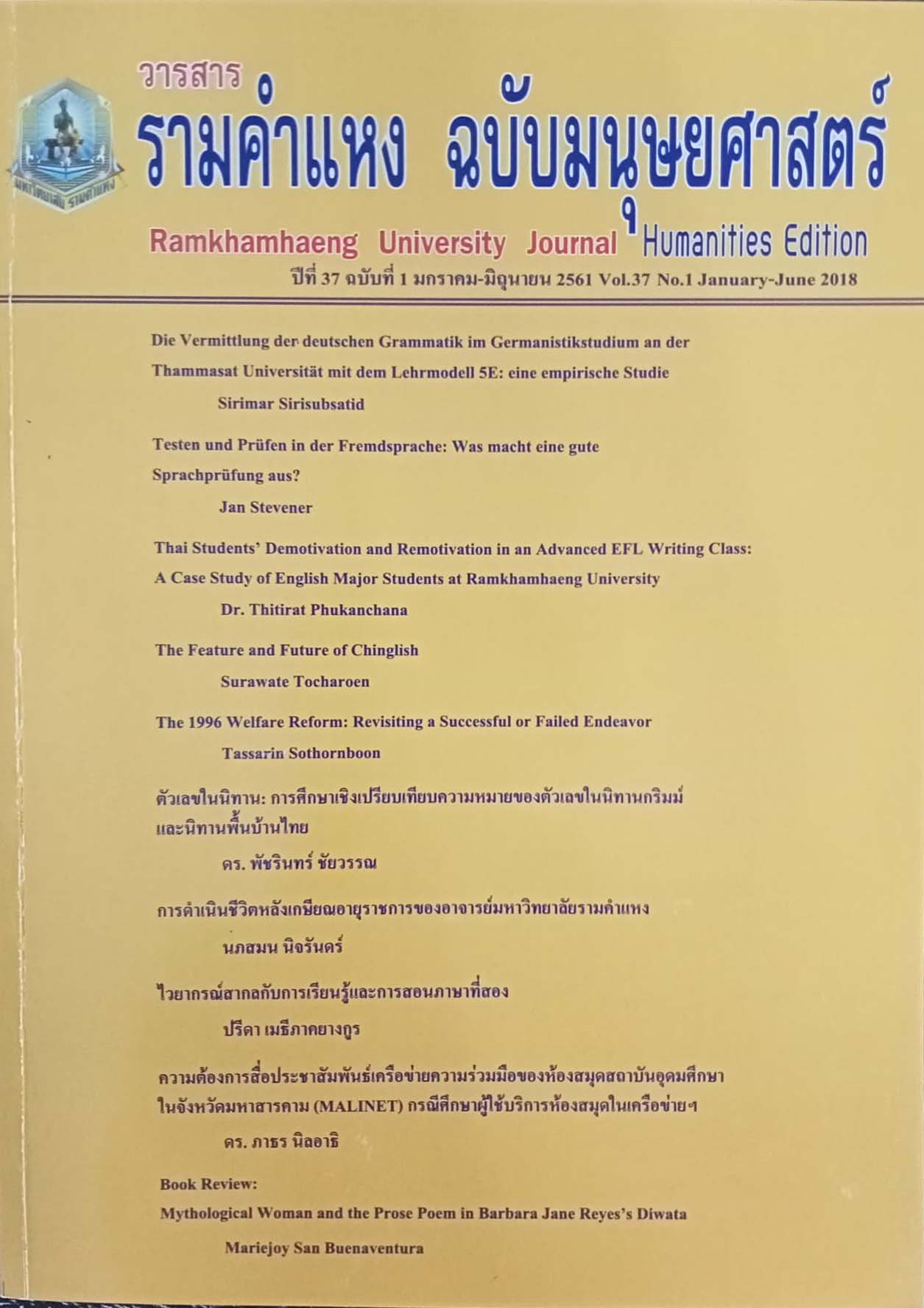Testen und Prüfen in der Fremdsprache: Was macht eine gute Sprachprüfung aus?
Main Article Content
Abstract
Abstract
This paper aims to outline essential concepts and criteria in order to assess the quality and aptitude of language tests for any given specific goal. For this purpose, vital terms related to language-assessment and evaluation are explained and discussed. Subsequently, this paper describes six points which enable test users and authors to assess the aptitude of a test for a specific goal. Among these points are clarity about the research object, the test construct, the properties that researchers assign to it and how these can be measured, as well as how adequate the research design is to evaluate the research object. Moreover, the application of well-established quality criteria like validity, objectivity, reliability, etc. facilitates the evaluation of language tests. It is shown that quality criteria interact with each other and that test users and authors have to weigh them according to the purpose of the test.
Article Details

This work is licensed under a Creative Commons Attribution-NonCommercial-NoDerivatives 4.0 International License.
The Copyright Notice will appear in About the Journal. It should describe for readers and authors whether the copyright holder is the author, journal, or a third party. It should include additional licensing agreements (e.g. Creative Commons licenses) that grant rights to readers (see examples), and it should provide the means for securing permissions, if necessary, for the use of the journal's content.


